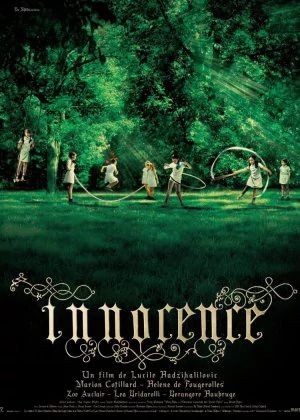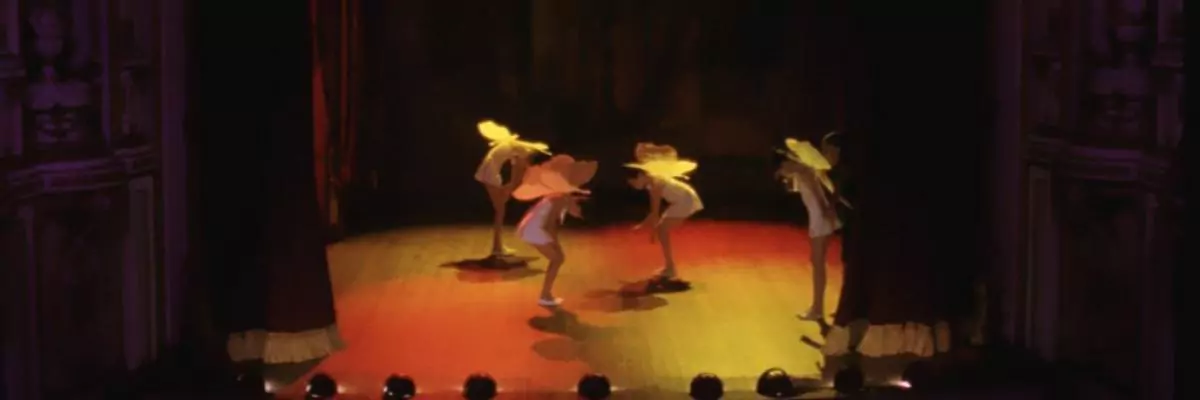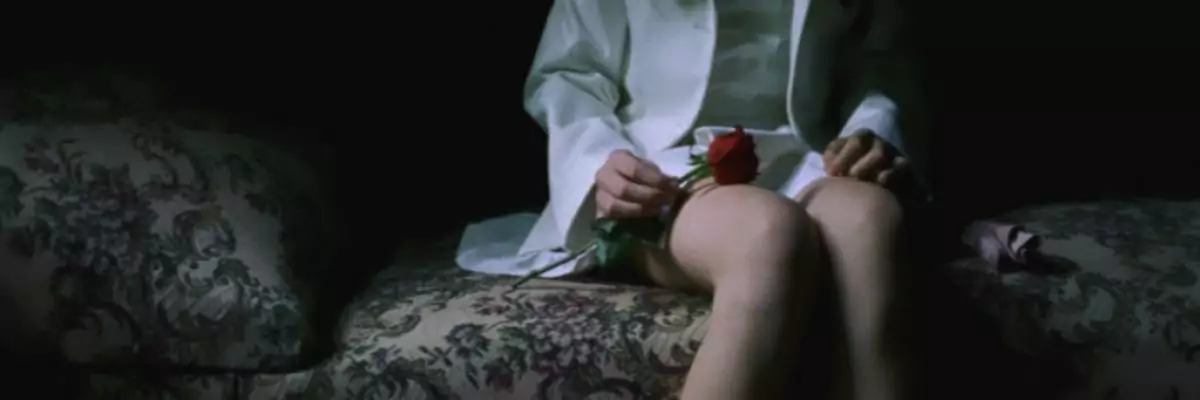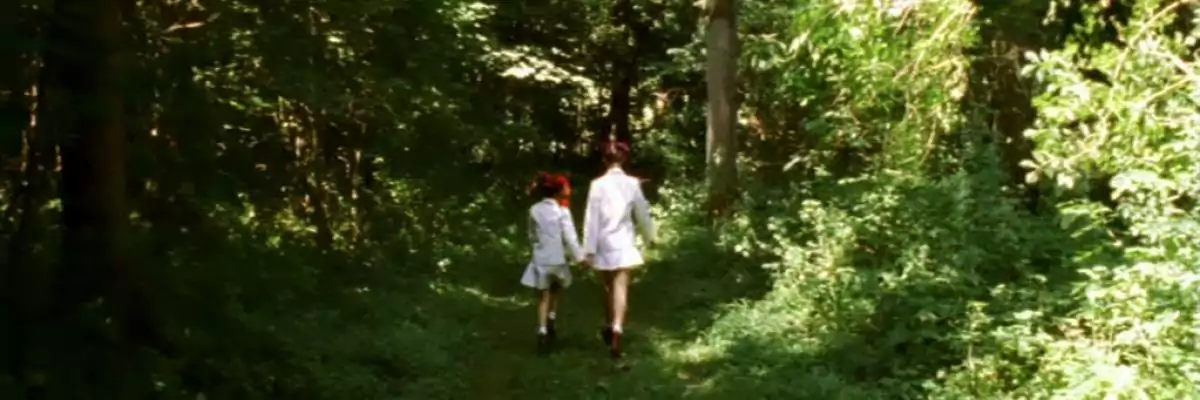Innocence
Movie details

I watched Lucile Hadzihalilovic's Innocence when it was first released in cinemas (back when such films were still released in cinemas over here), which was a good 12 years ago. I really loved the film back then, but haven't really seen it ever since. Still, it's a film that stuck with me and I was pretty excited to give it a second run. I was even happier when it turned out it hadn't lost any of its appeal over the years, still serving up a captivating and unique experience that lingers long after the credits have vanished from the screen.

Hadzihalilovic is often introduced through her collaborations with Gaspar Noé. The two worked together a lot, ended up marrying each other and do share quite a lot of influences (both citing Shinya Tsukamoto amongst their inspirations). But Hadzihalilovic isn't just a female version of Noé. She has her own style, her own aesthetic. Both make somewhat impenetrable and tough, artistic movies, but I feel they're still on different sides of the spectrum. Just to say that (dis)liking one says very little on how you might appreciate the work of the other.
Innocence was inspired by/adapted from Mine-Haha, written by Frank Wedekind. Coming from an anime background though, I felt like I watched this movie before in the form of Haibane Renmei (originally written be Yoshitoshi ABe, of Lain fame, who in his turn referenced Haruki Murakami's Hard-Boiled Wonderland as one of his main inspirations). The similarities between both works truly are uncanny, though I guess both creators arrived at it from very different sources and ultimately the differences between the two are as outspoken as the similarities. It's definitely not a question of copycat behavior, just peculiar coincidence.
Innocence follows the lives of three young girls living in a boarding school. It's not just any regular school though. New girls arrive in coffins, the students aren't allowed to leave the premisses and there are weird, communal traditions that need to be adhered to. It feels like an otherworldly place, a universe with its own rules and laws. The film focuses on Iris (who just arrived), Bianca (who is about to graduate) and Alice (who is planning her escape). Through their eyes we get to know the school and all its peculiarities.

Hadzihalilovic's choice to work with cinematographer Benoît Debie wasn't just a practical one, it was also the best and most obvious one. Debie (Lost River, Enter the Void, Vinyan) is by far the greatest talent Belgian cinema ever put forward and having him on board is certain to give your film that extra edge. Innocence may not look as ambitious or extreme compared to some of the other films he worked on, but the lighting is magnificent, the camera work is beautiful and there's a certain dark elegance to the visuals that helps to define Innocence. More importantly, 12 years down the line the film hasn't lost any of its visual impact.
But it's not just all visual prowess, Hadzihalilovic was smart enough to look for a score that doesn't just complement the visuals, but actually goes a long way in enhancing the atmosphere. The mix of sweet, classical music and darker soundscapes makes for an uneasy, foreboding ambience that touches at the core of the film. It's exactly this feeling of unfulfilled dread that makes Innocence so unique and to have that conveyed by the score is a pretty big win.
The acting is where it might get a little tougher for some. Most of the cast consists of young girls and the acting isn't always all that spontaneous or natural. It took me a while to get used to the stilted performances, but some 30 minutes in I felt that it really started to add to the uncomfortable atmosphere. Cotillard and Fougerolles add a softer touch to the cast, though their unresolved drama is another thing that might irk people looking for more and clearer resolutions.

What makes Innocence stand out is that Hadzihalilovic is more interested in showing this peculiar world rather than explain it. I've seen people describe the film as a feminist statement, I've seen others dismiss it as downright pedophilia. And these are far from the only popular interpretations once you start looking around. The thing is, there's something to be said for most, if not all of them. I feel that Innocence is a trip that reflects the viewer itself more than it contains inherent meaning. In that sense it's more about the experience than it is about solving a puzzle, something I definitely appreciate in a film.
That said, Innocence is not a very easy film to recommend. It's quite stoic, mysterious and enigmatic, both plotwise and stylistically. There's a definite appeal to that, but it might be more suited for specific audiences who know what they're getting themselves into. I feel it's a film for the ages though, as it lost none of its appeal since the first time I watched it and it remains absolutely unique, almost impossible to put in a specific niche. If anything, this second viewing reminded me that I need to check out Hadzihalilovic's latest (Evolution) as soon as possible, because Innocence is unmistakable proof of her talent.